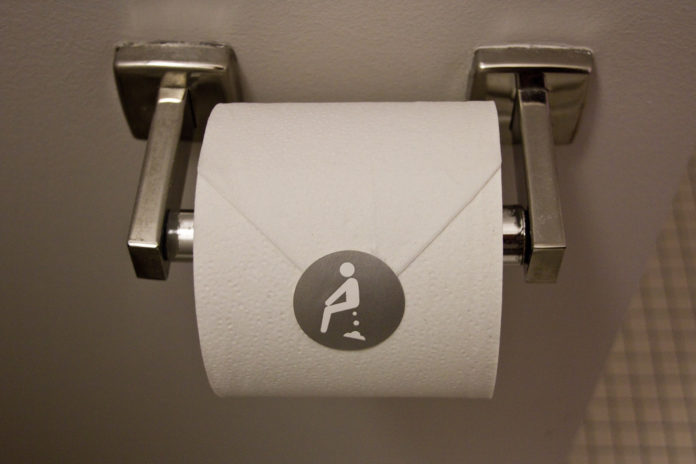Behavioral therapy alone or in combination with other interventions found to be more effective than pharmacologic therapy for Urinary incontinence
Behavioral therapy, alone or in combination with other interventions, was found to be generally more effective than pharmacologic therapies alone for treatment of urinary incontinence (UI).
These findings from a review of 84 clinical publications on outcomes of nonpharmacologic and pharmacologic interventions for urinary incontinence were published in Annals of Internal Medicine.
Urinary incontinence is the loss of bladder control leading to the occasional leaking of urine when you cough or sneeze to having an urge to urinate that’s so sudden and strong you don’t get to a toilet in time. It is a more common in old age and affects twice as many women as men.
The two most common types of urinary incontinence are stress incontinence and urge incontinence, also called overactive bladder
The two most common types of urinary incontinence are stress incontinence and urge incontinence, also called overactive bladder. UI may be because of pregnancy and childbirth which weaken the pelvic muscles, and menopause due to loss of hormone oestrogen that helps maintain muscle strength.
In men, prostate enlargement and neurological diseases like Parkinson’s disease are common causes. Mixed UI have features of both stress and urgency UI.
Nonsurgical interventions include nonpharmacologic interventions that aim to strengthen the pelvic floor or change behaviors that influence bladder function, and pharmacologic treatments that primarily address bladder and urethral sphincter function (the valve which opens the flow of urine).
Researchers conducted a review of the clinical effects of all nonsurgical treatments for stress, urgency, and mixed UI in nonpregnant women to compare their effectiveness for improving UI outcomes. A network meta-analysis included 84 studies and showed that all interventions studied, except hormones and periurethral bulking agents, resulted in better UI outcomes than no treatment. For stress UI, among treatments commonly used as first or second-line interventions, behavioral therapy was more effective than either alpha agonists or hormones and combination behavioral therapy and hormones were more effective than alpha agonists. Alpha agonists were found to be more effective than hormones. There was insufficient evidence comparing periurethral bulking agents and intravesical pressure release treatments used as third-line interventions for women with stress UI.


